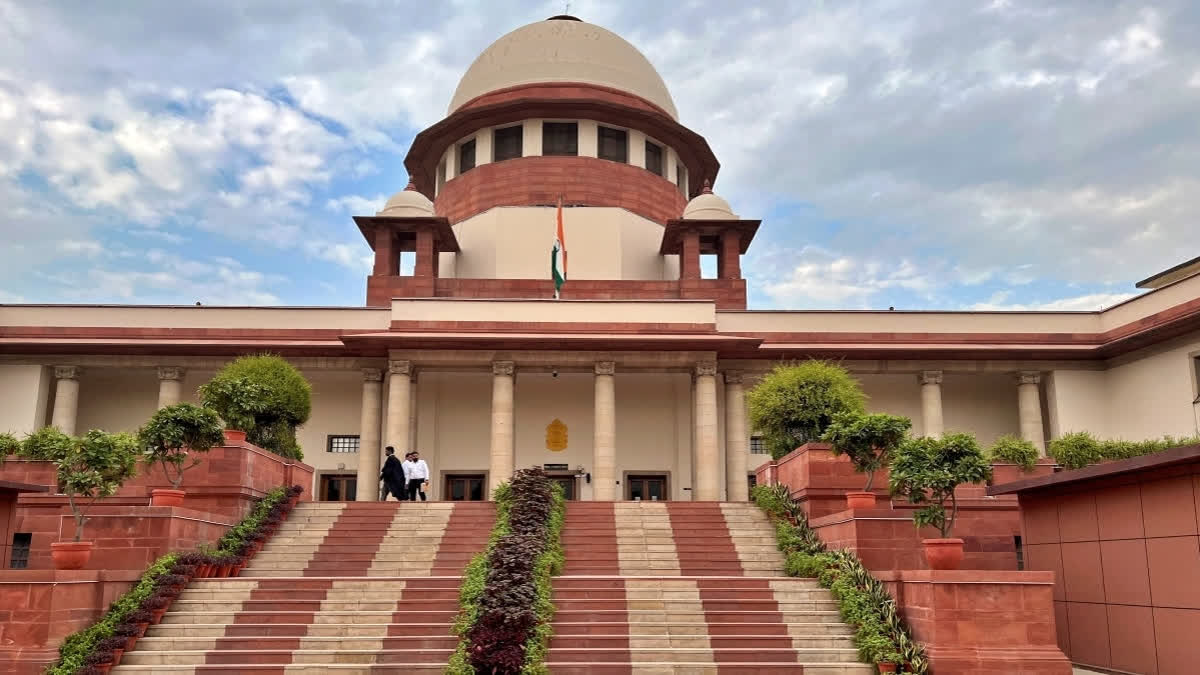New Delhi:The Supreme Court invoked 11th century epic to underline the true grit of a petitioner who fought a draining legal battle challenging an arbitrary decision, which denied him appointment as a teacher.
The apex court stressed it is distressing that appeals of more than two decades are awaiting consideration, and added, “we must and we will find a solution to this problem”. The petitioner Manoj Kumar was denied appointment as a primary school teacher due to illegal and arbitrary action of not computing marks for his postgraduate degree. The apex court directed the Union government to pay Rs 1 lakh compensation to him.
A bench comprising Justices P S Narasimha and Sandeep Mehta said: “In the life of litigation, passage of time can stand both as an ally and adversary. Our duty is to transcend the constraints of time and perform the primary duty of a constitutional court to control and regulate the exercise of power or arbitrary action. By taking the first step, the primary purpose and object of public law proceedings will be subserved”.
“We appreciate the spirit of the appellant who has steadfastly contested his case like the legendary Vikram (Against Betaal, in the famous Vetalapancavimsati, the original being the Kathasaritsagara work of the 11th Century by Somadeva) from the year 2017 when he was illegally denied the appointment by the executive order dated May 22, 2017”, said the bench.
Setting aside the institute's order, as illegal and arbitrary, the bench, in a judgment delivered on February 20, said: “We direct the institute (Pt. Deendayal Upadhyaya Institute for the Physically Handicapped ) to pay an amount of Rs 1,00,000/- as compensation. This amount shall be paid to the appellant within a period of six weeks from the date of passing of this order”.
Justice Narasimha, who authored the judgment on behalf of the bench, said: “We must formulate an appropriate system for preserving the rights of the parties till the final determination takes place. In the alternative, we may also formulate a reasonable equivalent for restitution of the wrongful action”.
The bench noted that the writ petition was filed against the action of the respondent denying appointment on May 22, 2017, which was decided by the single judge of the high court on January 24, 2018 and the division bench decided it on October 16, 2018. "Then the case was carried to this court in the year 2019 and we are deciding it in 2024. The delay in this case is not unusual, we see several such cases when our final hearing board moves. Appeals of more than two decades are awaiting consideration. It is distressing but certainly not beyond us. We must and we will find a solution to this problem," said Justice Narasimha.
